Archive for July 2016
Comoros
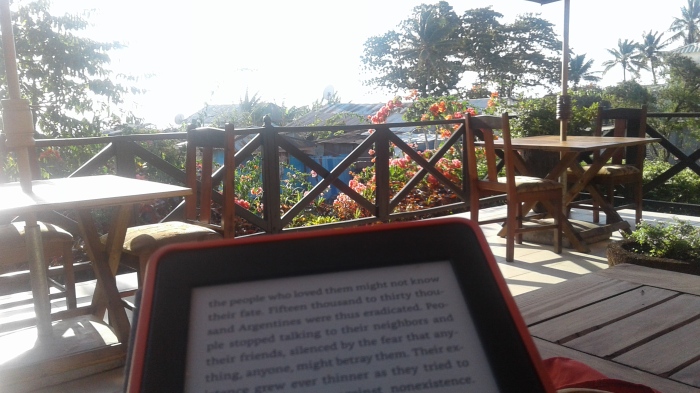
Yeah yeah I know it always seems like I’m on holiday but ACTUALLY I think you’ll find that I have latterly become a master of the microbreak. This time it’s Comoros, Country Number 102, according to my (admittedly somewhat idiosyncratic) list, and which I’ve been fascinated by ever since I read about the country on a Precision Air in-flight magazine back in 2011. I was supposed to be doing a short trip to Somalia around now, but it was cancelled and so I took the opportunity to take a quick trip to somewhere a) within a single flight of Nairobi, b) that I hadn’t been to before, and c) that didn’t require a visa in advance. That narrowed it down to Malawi or Comoros, and Comoros won.
I can’t remember the last time I visited somewhere that felt so remote and (pleasantly) isolated from the rest of the world, but bloody hell, it’s nice. I’ve even managed to break out of my rut of frantic escapist reading, first with Alexander Masters’ A Life Discarded (which was brilliant), and then Rebecca Solnit’s Men Explain Things to Me: And Other Essays. Like any good feminist of the internet age, I’d read the titular essay, or an abbreviated form thereof (and if by some miracle you haven’t, it’s here), but the rest of the essays were new to me, and provided immense amounts of food for thought and rage. One excerpt, from “Woolf’s Darkness”, struck me as particularly on the nose, in these Brexhausting, Trumpocalyptic times:
My friend Chip Ward speaks of “the tyranny of the quantifiable,” of the way what can be measured almost always takes precedence over what cannot: private profit over public good; speed and efficiency over enjoyment and quality; the utilitarian over the mysteries and meanings that are of greater use to our survival and to more than our survival, to lives that have some purpose and value that survive beyond us to make a civilisation worth having.
The tyranny of the quantifiable is partly the failure of language and discourse to describe more complex, subtle, and fluid phenomena, as well as the failure of those who shape opinions and make decisions to understand and value these slipperier things. It is difficult, sometimes even impossible, to value what cannot be named and described, and so the task of naming and describing is an essential one in any revolt against the status quo of capitalism and consumerism. Ultimately the destruction of the Earth is due in part, perhaps in large part, to a failure of the imagination or to its eclipse by systems of accounting that can’t count what matters. The revolt against this destruction is a revolt of the imagination, in favour of subtleties, of pleasures money can’t buy and corporations can’t command, of being producers rather than consumers of meaning, of the slow, the meandering, the digressive, the exploratory, the numinous, the uncertain.
I read this passage and I highlighted it because it felt important and true, and I still think that it feels important and true, and I can rally around this sentiment when it’s attached to things I care about, which – I gather – are pretty much the same as the things that Rebecca Solnit cares about. And yet what happens when it’s attached to things that you revile? Isn’t that where we are now, with Gove’s self-serving – but seemingly accurate – claim that Britain has had enough of experts, and the similar rhetoric now being deployed by Trump supporters? The left can bring out all the facts and figures they want, they can arm themselves with elegant, evidence-based arguments, and it does absolutely nothing at all, because the weapons we’re bringing to the fight can only be turned against us. The other side is impervious to them. They’re going with their gut, and I have to believe that what they feel in their gut is just as strong as I feel in mine. Listen, you could assemble all the imaginary facts in the world that point to immigration having a negative economic impact, and they wouldn’t sway my belief that immigration is something that I want more of – because the things that I value in immigration, things like diversity, and equality of opportunity, and people having the right to free war and persecution and come to places where they can stay alive and prosper: these are unquantifiable. I can only assume that the Brexiteers and the Trump supporters feel the same way, and that’s why I have a horrible feeling that it will be President Trump, come November.
And that isn’t what scares me the most – though I recognise that that’s my own privilege talking, at least in part. I deeply, deeply wanted the UK to remain in Europe, and I deeply, deeply want the US not to elect a fascist president, but – barring Trump enacting a full-scale nuclear war, which, terrifyingly, can’t be ruled out – I won’t be too much worse off in material terms under any outcome. That’s not the case for a huge amount of people. But even if the UK had voted to remain in the EU, even if the US chooses to elect Hillary Clinton in November – the feelings of the Brexiteers and the Trump supporters aren’t going anywhere, and if Trump loses in November, those feelings – of being disenfranchised by a liberal elite – are only going to get stronger. I don’t believe that anyone anywhere in the world right now has the first clue about what to do to bridge this yawning chasm that runs through Western society.
…and yeah, look at that, a big old Brexit-and-Trump rant, right there in the middle of my paean to the Comoros. Here, have some pictures of beautiful things instead.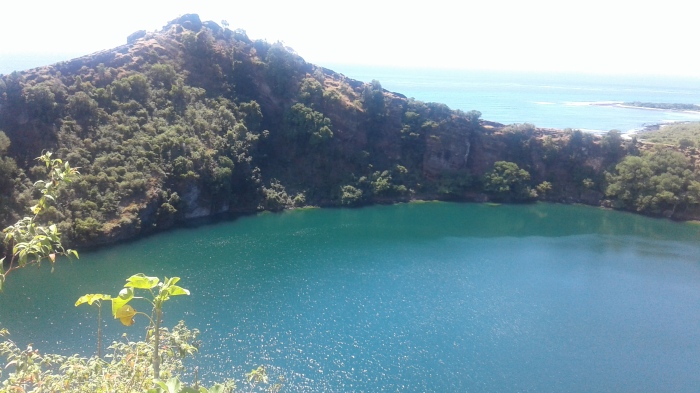
Lac Salé, a salt lake at the north end of Grande Comore

Ylang ylang, picked right off the tree by my driver
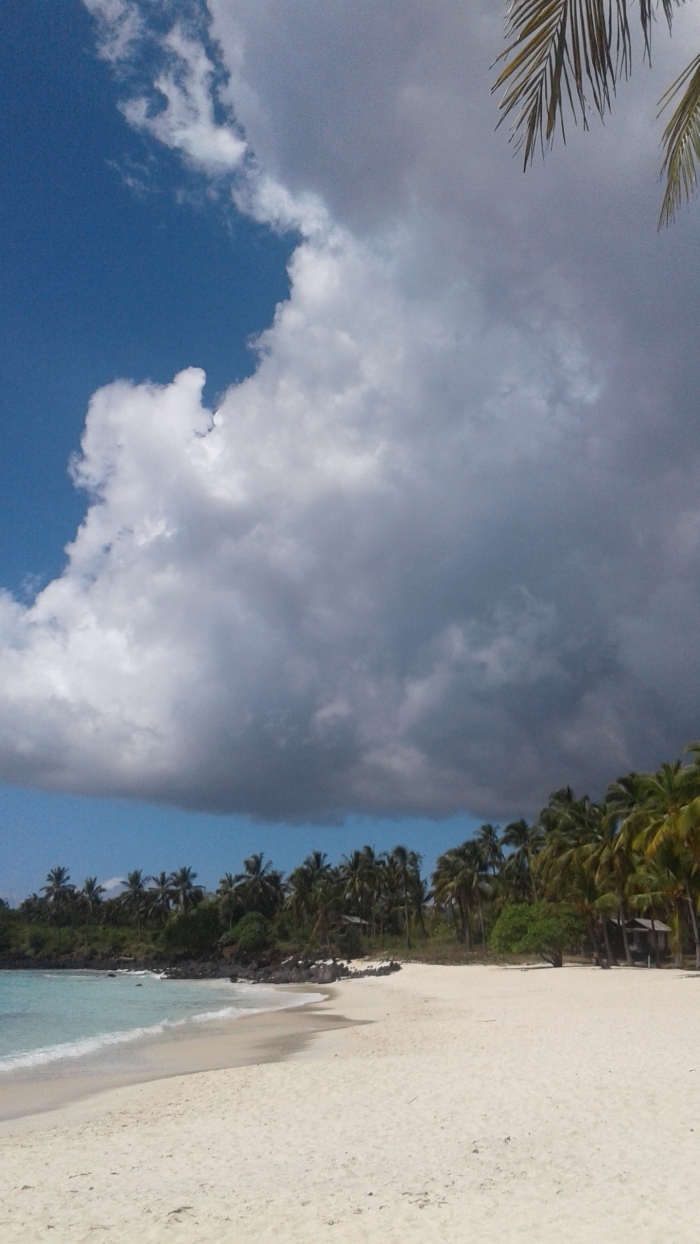
Maloudja Beach. Not even the most beautiful beach I saw while there.
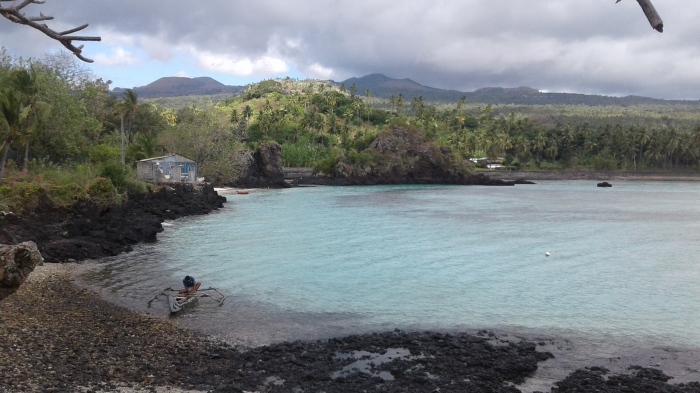
Trou du Prophete
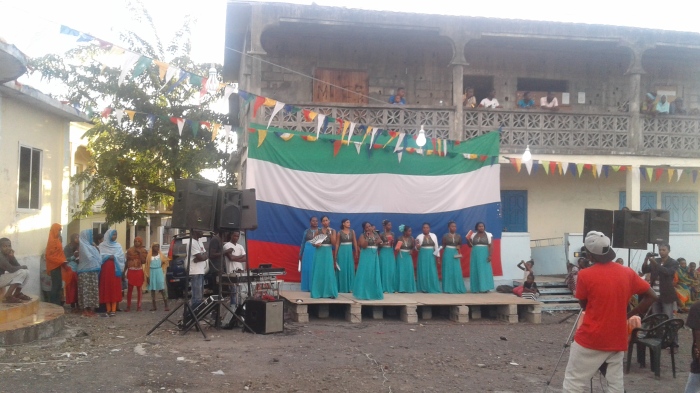
One of the many weddings we accidentally crashed.
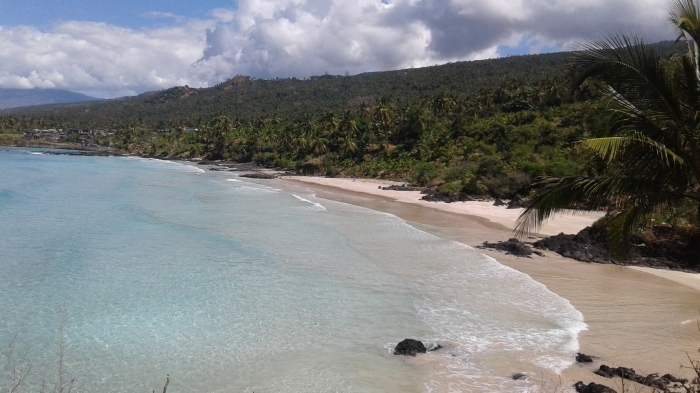
Bouni Beach.
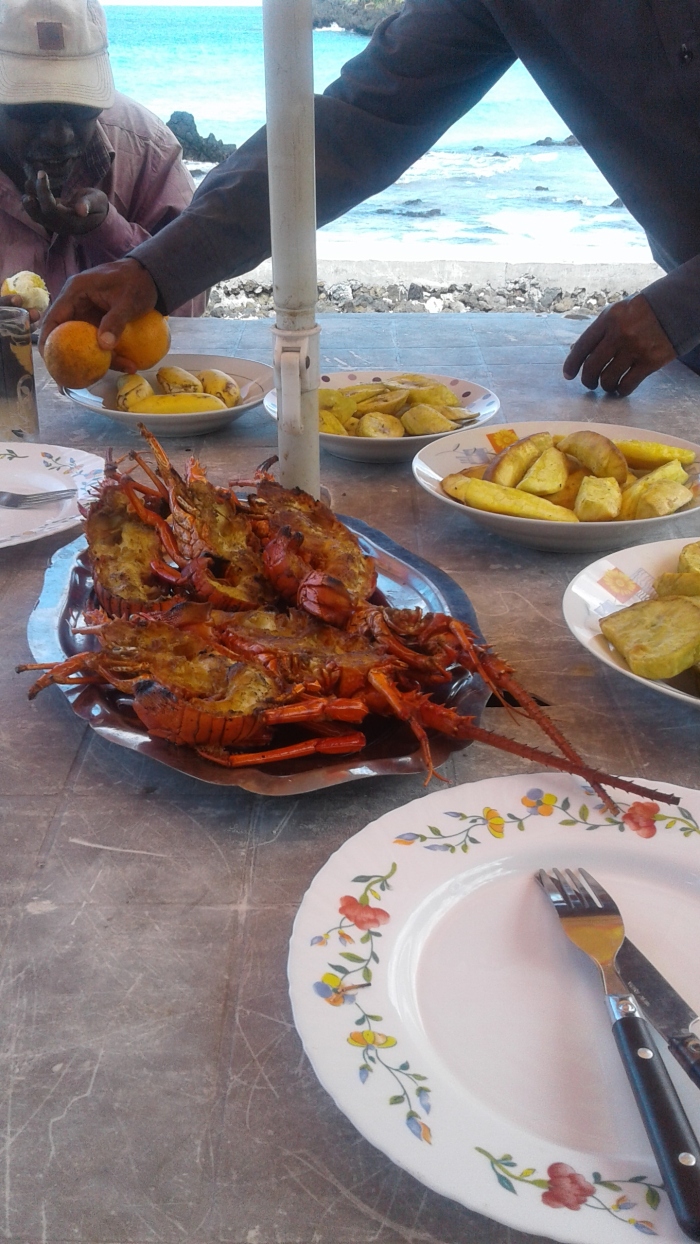
Lobster lunch, Chomoni
Reading more Maggie Stiefvater in Uganda
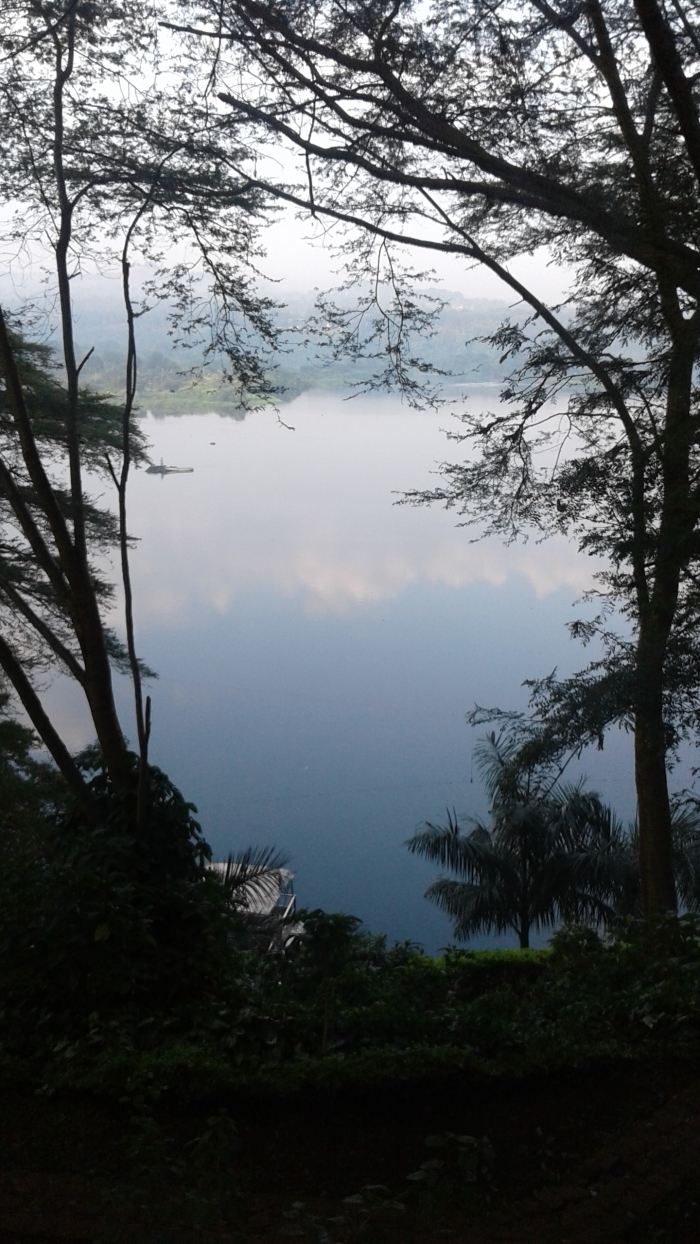
The book(s): Shiver, Linger and Forever, Maggie Stiefvater
The place(s): Jinja and Kampala, Uganda
*
Sometimes you just have to read some escapist literature and look at some beautiful places, you know? I spent last week in Entebbe on a rather hardcore training course, where which involved a series of fascinating and challenging and intensive political discussions about various grim global issues, and by Saturday I was wrung out like an old dishrag, and so I got in a car and went to Bujagali, on the Nile about 8km north of Jinja, where I stayed in a tent overlooking the still and glassy Bujagali Lake, and did a day of whitewater kayaking from which my body is still aching, and was in bed with a book by 8pm every night. It was excellent, not least because it was 36 hours without internet and the various alarums and cataclysms that the internet brings into one’s life, and I would be lying if I said I was not bracing myself for whatever fresh disaster(s) had transpired in my internet-absence when heading back to Kampala early yesterday morning. (The killing of three Baton Rouge police, it turned out, which I caught up with on a staticky TV screen while buying coffee halfway between Jinja and Kampala.) Anyway it turns out that much of the world is still calm and beautiful and full of people just living their lives and its worth reminding oneself of that from time to time.
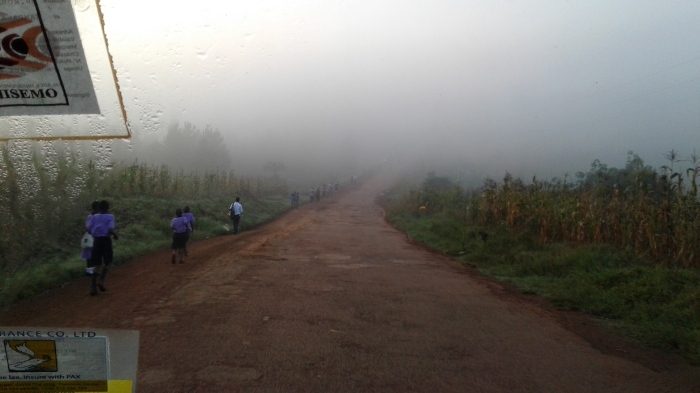
Good evening! Everything is terrible!
Well, what a fucking awful couple of weeks it’s been. There was the EU referendum and its results; there was (and indeed still is) the subsequent political turmoil in the UK: David Cameron’s resignation, the Tory orgy of bullshit and backstabbing that led to Johnson dropping out of the leadership race and Gove being eliminated and the UK being left with the unpalatable choice of May or Leadsom, but that’s OK, only members of the Conservative Party will get to vote, thus saving the rest of us from the agony of decision. The Labour Party is imploding; hate crime is increasing alarmingly; Nigel Farage made a speech mocking and insulting our European colleagues – the very people the UK will need to negotiate with regarding our post-Brexit position – and then promptly quit, again, like everyone else involved in this shameful farrago.
Meanwhile, across the Atlantic: two more extrajudicial killings of African-American men by the US police (Alton Sterling; Philando Castile), and then five police shot after a peaceful Black Lives Matter protest. In the immediate aftermath, an American friend commented that these tragedies can be best understood as stemming from the conflict between America’s idea of itself, its national mythology, and its current reality – and I see much of the same dynamic in post-Brexit Britain. People who are poor and disenfranchised and who feel powerless are always going to be susceptible to grand national narratives about their country’s “greatness”. It’s linked to Chimamanda Ngozi Adichie’s warnings about “the danger of a single story”, and is partly why I am deeply wary, on a gut-and-bone level, of any discussion of national values, or indeed values at any level between the individual and the human.
And then we have the bombings in Baghdad, in Dhaka, in Istanbul; we have, as of the past two days, South Sudan seemingly returning to war. Starting with the Pulse shootings and Jo Cox’s murder, this has got to be one of the grimmest – if not the grimmest – 30-days-or-so I have ever lived through, in terms of sheer volume of incidents but also what they mean for where we are and where we’re heading. I’ve never had so many conversations with likeminded friends that end with us staring at one another in despair and disbelief: what do we do? What do we do? I don’t know what we do. I know that everything feels particularly broken and particularly hopeless at the moment. I know, also, that we don’t have the option to sit down, or to turn away, or to back off. I don’t know what comes next, and I don’t know what can be done to fix things, and I don’t know how to end this, and so.